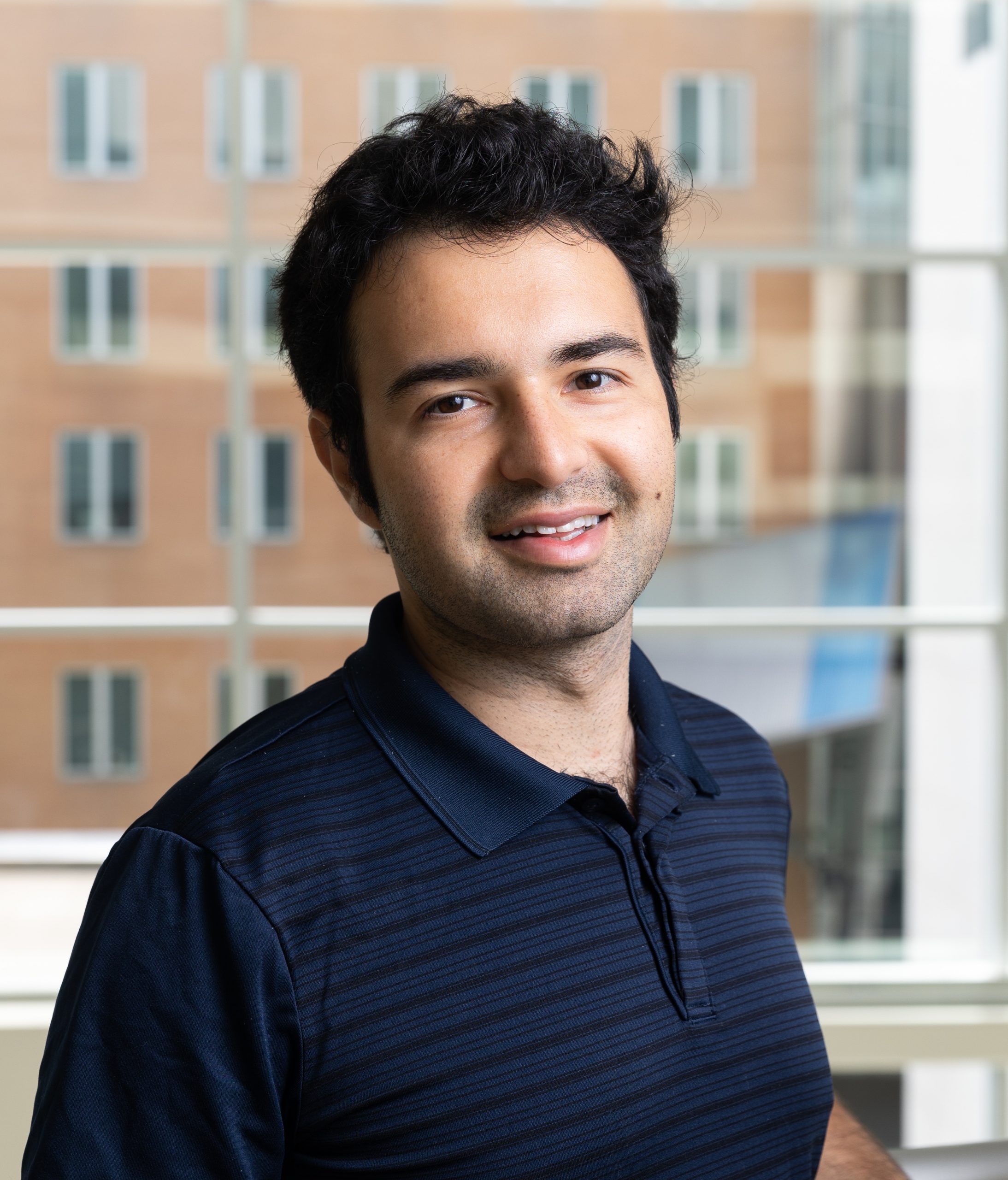
- This event has passed.
BE Seminar: “A Task-Optimized Approach to Systems Neuroscience” (Aran Nayebi, MIT)
April 4, 2024 at 3:30 PM - 4:30 PM

Aran Nayebi, Ph.D.
ICoN Postdoctoral Fellow, MIT
Aran Nayebi is an ICoN Postdoctoral Fellow at MIT, currently working with Robert Yang and Mehrdad Jazayeri. He completed his PhD in Neuroscience at Stanford University, co-advised by Daniel Yamins and Surya Ganguli. His interests lie at the intersection of neuroscience and artificial intelligence (AI), where he uses tools from AI and optimization to better understand natural intelligence. His work has been published in top machine learning venues (e.g. NeurIPS, ICML), including 5 NeurIPS spotlight and oral papers (awarded to the top 1-3% of submissions), as well as top neuroscience venues (e.g. Cell Reports, PLOS Computational Biology, PNAS, Neuron). His long-term aim is to focus on the sensorimotor loop essential for survival and physical interaction, in order to produce normative accounts of how brain areas collaborate to give rise to complex embodied behaviors, yielding more physically-grounded, common-sense AI algorithms along the way.
